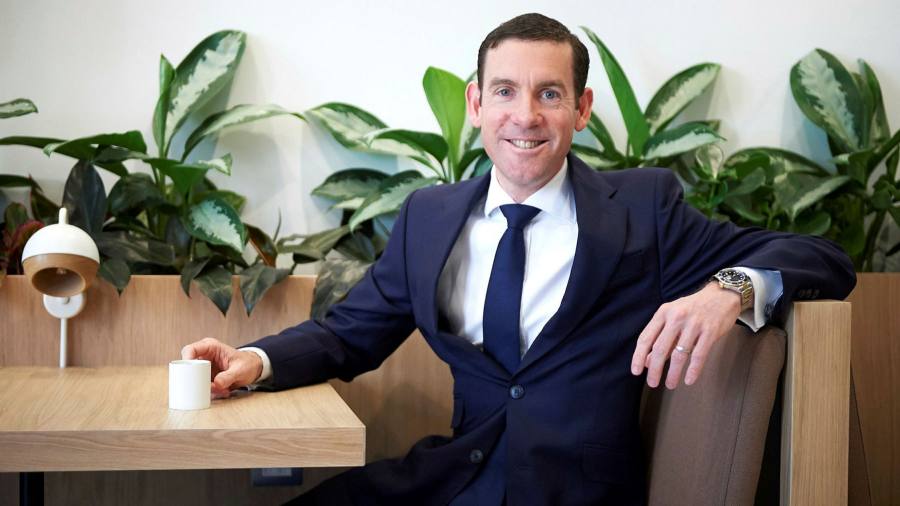[ad_1]
Lex Greensill: keen engineerÂ
Lex Greensill’s eponymous supply chain finance company has always had an ambiguous relationship with the UK fintech sector. The Australian financier was traditionally more likely to be found in Westminster than techy Shoreditch, and some commentators argued that his business’ innovations were more about financial engineering than software engineering.
But Greensill was keen to be associated with an industry that tends to attract more funding and higher valuations than boring old finance, and the sector was happy to embrace him as a UK success story. Just last week, his business was listed as a great example of a fintech making waves in China in the government-backed Kalifa Review.Â
That report also carried a quote from the “Greensill Professor in Fintech and Information Systems†at Manchester University’s business school. A senior Greensill executive joined the school’s advisory board last month. The university declined to comment on whether it would reassess its relationship with the company now that it is preparing for insolvency and dealing with a criminal complaint in Germany.
Germany’s previous major fintech scandal, the collapse of Wirecard, has encouraged UK regulators to tighten rules on fintechs, even at the cost of start-up growth. If the Kalifa review was intended to remind them of the “huge opportunity†for fintechs in post-Brexit Britain, the experiences of the past week should be a reminder that rapid growth can also bring opportunity for rapidly growing problems.
UK insurers: down under exchange
On the subject of Australian financiers, London insurance executives seem to have a thing about Australian insurer QBE, and vice versa. Lloyd’s of London boss John Neal is a former QBE chief executive. He left that role in 2017 to be replaced by Pat Regan, who used to be CFO of London-based Aviva.Â
Regan left last year and was replaced temporarily by Richard Pryce, who used to be head of QBE’s London operation.Â
A more permanent replacement is on the horizon though. This week, London-based insurer Beazley said that Andrew Horton, who has been chief executive for 13 years, would be heading to Australia to take the top job at QBE.Â
City Insider only hopes that QBE has a decent frequent-flyer package in place.
Rishi Sunak: guaranteed winner
UK chancellor and self-professed “Coke addict†Rishi Sunak ensured that his plan to introduce a mortgage guarantee scheme would earn a fresh wave of headlines after his budget speech on Wednesday, despite having already briefed the press about it twice since October.
His naming of five big banks that had already agreed to sign up surprised even some of the bankers involved, given that they had yet to confirm key details like how much they would have to pay for the guarantees.
Some smaller lenders were quick to say that they would also be keen to join, once they knew how. But, privately, some fear that the Treasury is repeating a pattern seen at the start of the pandemic, brokering deals through “confidential bilaterals†with the big banks and ignoring smaller ones that already struggle to compete.
When the government introduced its “bounceback†loan scheme last year, banks excluded from the Treasury’s inner circle received only a few hours’ notice about how the programme would work before it went live, then found themselves criticised for not being ready to lend.
This time, with mortgage profit margins at their highest levels in years, the fear is that the big banks will have extra time to prepare and sweep up the pick of the customers as soon as the scheme launches. Though if it turns out the property sector is not, as one housing executive claimed this week, “too big to failâ€, the smaller fish might be glad to have been missed.
[ad_2]
Source link






